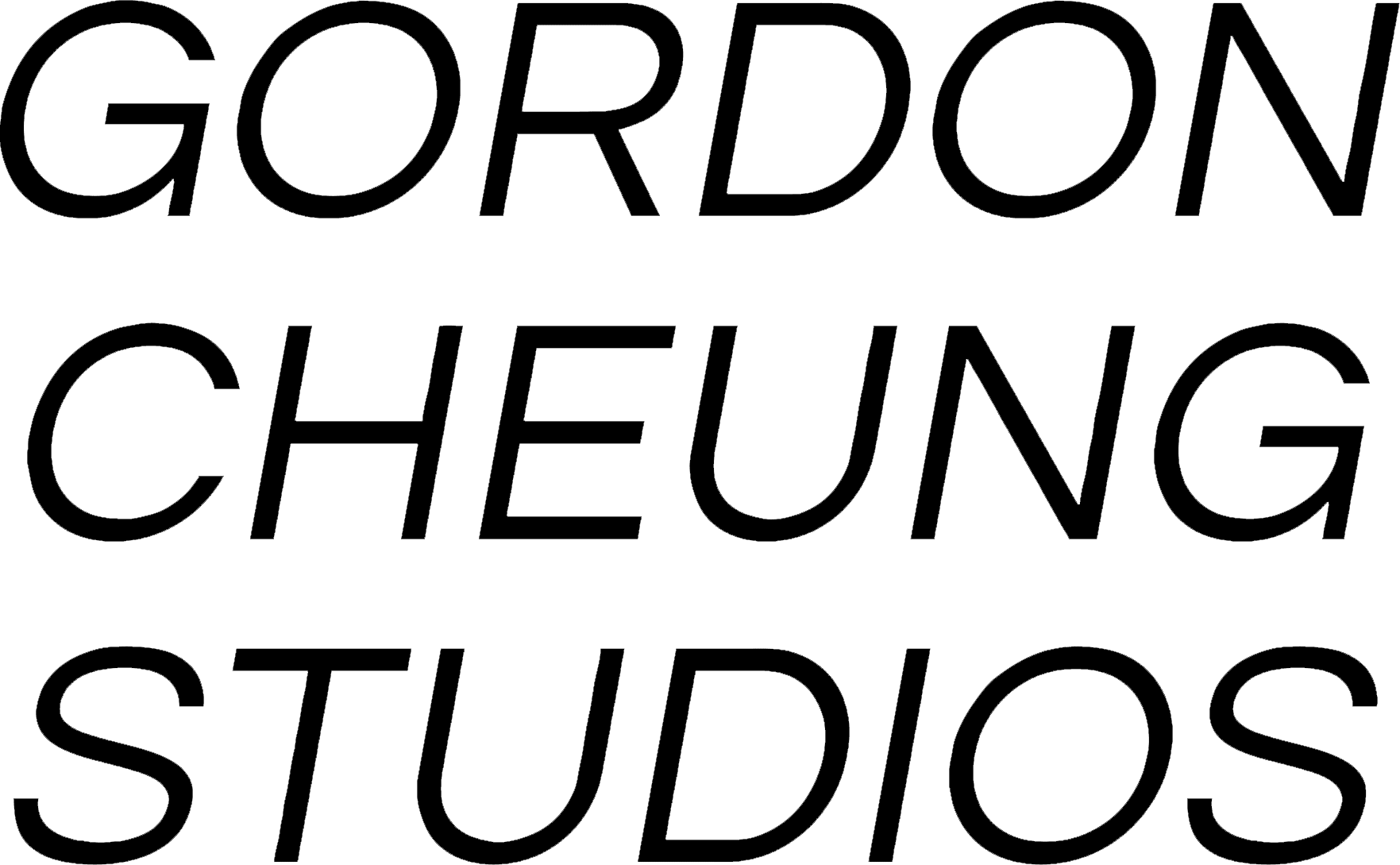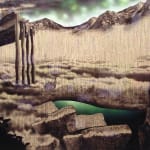-
Artworks


Brueghel's Highway, 2004
Financial Times newspaper, ink, acrylic spray and gel, and gloss paint on canvas165 x 220 x 5 cm
65 x 86 1/2 x 2 inGordon Cheung’s, often monumental, collages, utilise the imagery of virtual cybernetic worlds populated with digital information appropriated from our market economy. Post-apocalyptic landscapes ravaged by some imagined catastrophe reveal citrus...Gordon Cheung’s, often monumental, collages, utilise the imagery of virtual cybernetic worlds populated with digital information appropriated from our market economy. Post-apocalyptic landscapes ravaged by some imagined catastrophe reveal citrus green skies and ominous pools of unquantified liquids. Emerging from the debris, surfaces take on the familiar hue of the “Markets and Company” pages from the Financial Times Newspaper overlaid with spray paint, acrylic gel and Chinese ink figuration. The scene created is full of foreboding for a future utterly consumed by its own information systems.
The impetus for Brueghel's Highway (2004) was Pieter Brueghel the Elder's painting The Fall of Icarus (c.1555-58), which is both a parable for those who aim too high and an observation of the fact that momentous events often pass unnoticed, eclipsed by everyday activities. Cheung's extemporisation on this theme carries references to the information superhighway and alludes to the effects of 9/11.
Blanche Craig, (2008), Collage: Assembling Contemporary Art, London, UK, Black Dog Publishing p. 86
Helen Luckett, (2006), British Art Show 6, London, UK, Hayward Gallery Touring, p. 136
Exhibitions
Gordon Cheung, The Whitaker, Rossendale, UK (07/03/2017 to 09/01/2017)
Techno Sublime, Touchstones Rochdale, Rochdale, UK (03/31/2012 to 06/16/2012)
God is on Our Side, Unosunove Gallery, Rome, Italy (09/26/2007 to 11/10/2007)
The 1000 Yard Stare, Aspex Gallery, Portsmouth, UK (09/22/2007 to 11/18/2007)
Gordon Cheung – Recent Paintings, Djanogly Gallery, Nottingham, UK (01/12/2007 to 02/25/2007)
Provenance
Imogen and Elspeth Turner Collection18of 18




